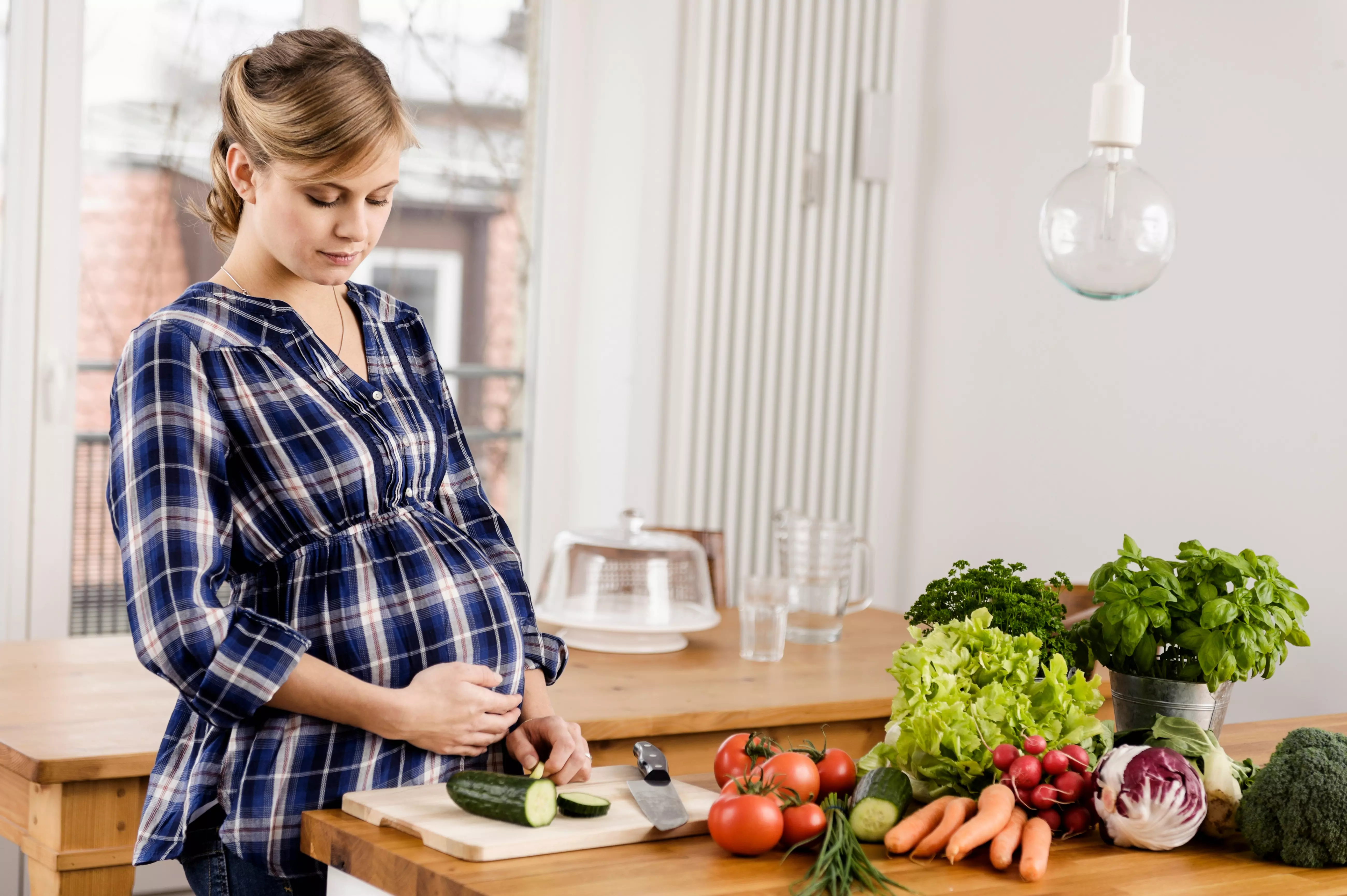Diet and health for pregnant women
When a woman is pregnant, health is a priority. As a mom-to-be, you need to take care of yourself and your baby, both physically and nutritionally. Diet is a key element that can affect the development and well-being of both you and your little one. In this article you will learn about the most important principles of nutrition and how to build a healthy and balanced diet during pregnancy.
The impact of nutrition on the health of mother and baby
Every bite of food you eat during pregnancy affects the health of both you and your baby. Proper nutrition can provide the right nutrients for the development of the baby's brain and nervous system and prevent many serious developmental defects. A mother's diet can also affect proper weight gain, as well as reduce the risk of hypertension and gestational diabetes.
Start by visiting your doctor and nutritionist. The first step in building a healthy diet during pregnancy is to consult your doctor and nutritionist. They will best assess your individual nutritional needs, taking into account your health and any medical conditions. They will also tell you which foods and nutrients are best for you and your baby, as well as which to avoid.
Key nutrients for pregnant women
2. Iron: Iron is important for transporting oxygen in the body and preventing anemia in mother and baby. It is worth eating meat, fish, eggs, beans and grain products rich in iron.
3. Calcium: Calcium is essential for building strong bones in a baby. It can be found in dairy products, green leafy vegetables and calcium-fortified products.
4. Protein: Protein is needed for proper cell growth and development in both mother and baby. Eggs, meat, fish, nuts and seeds are excellent sources of protein.
How to build a healthy and balanced diet?
1. Consume a variety of foods. Try to eat as many different food groups as possible to provide your body with a variety of nutrients. Include fruits, vegetables, grain products, plant and animal protein and dairy products in your diet.
2. Avoid unhealthy products. Eat mindfully and avoid products that are high in saturated fat, salt and added sugars. Limit your intake of processed foods, fast foods and sweets, as they can lead to unhealthy weight gain and health problems.
3. Consume enough fluids. During pregnancy, it is important to stay hydrated. Drink at least 8-10 glasses of water a day. You can also drink fruit juices, herbal teas or milk.
4. Pay attention to portion size. It's a good idea to control portion size to avoid excessive weight gain. Remember that you don't need to eat for two during pregnancy, just eat healthy, balanced meals in moderate amounts.
Summary
Diet and the health of pregnant women are inextricably linked. Healthy nutrition during pregnancy is of great importance for the development and well-being of both mother and baby. Be sure to consult your doctor and nutritionist to tailor your diet to your individual needs. Don't forget key nutrients such as folic acid, iron, calcium and protein. When building a healthy and balanced diet, eat a variety of foods, avoid unhealthy products, drink the right amount of fluids and control portion sizes. Take care of yourself and your baby, because health comes first!
